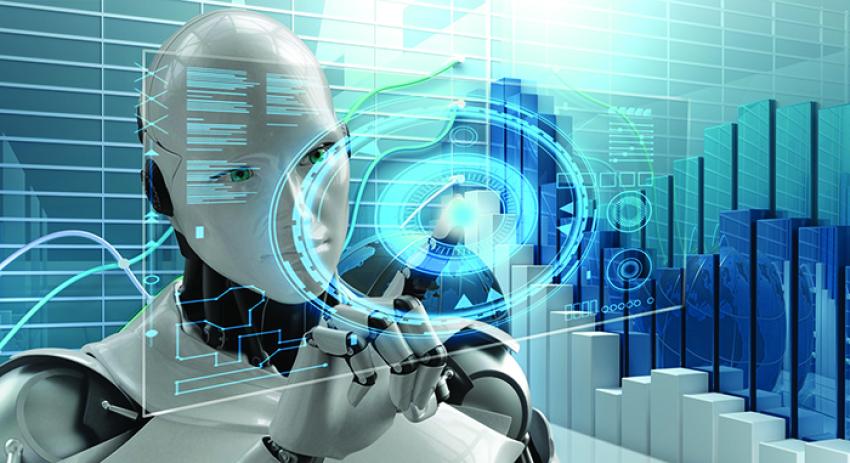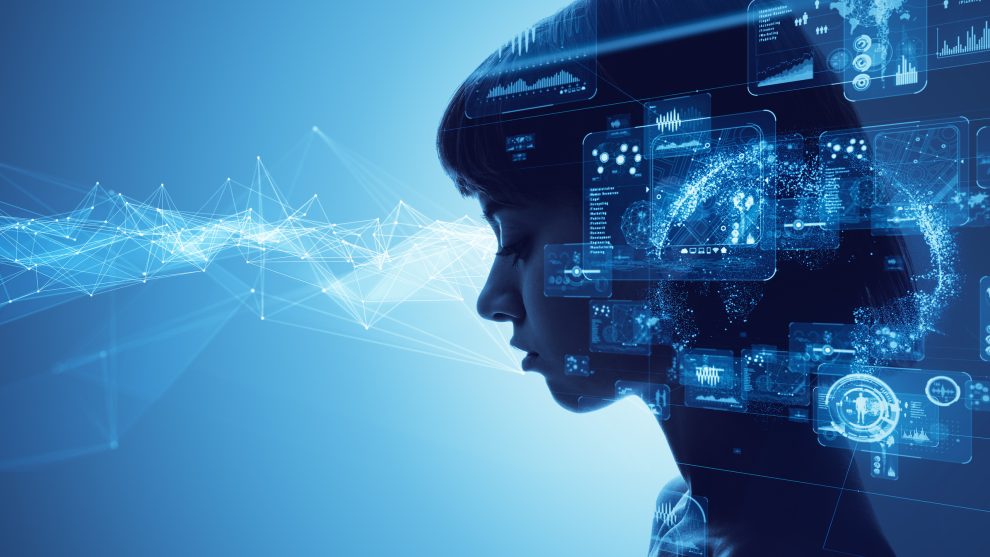In the 21st century, the surge of Artificial Intelligence (AI) technology has unfolded like the pages of a science fiction novel, bringing to life innovations that were once mere figments of imagination. From smart assistants in our homes to algorithms that predict our shopping habits, AI’s integration into daily life is undeniable. This blog explores the transformative power of AI across various sectors while addressing the ethical dilemmas it introduces.
The Dawn of AI in Daily Life
AI’s impact on daily life is profound and far-reaching. In healthcare, AI-driven diagnostics can analyze patient data at unprecedented speeds, offering diagnoses with accuracy rivaling that of human doctors. Smart home devices, powered by AI, learn from our behaviors to adjust lighting, temperature, and even play music based on our preferences, crafting personalized living experiences.
In the realm of education, customized learning platforms use AI to adapt to each student’s learning pace, enhancing understanding and retention. Meanwhile, the transportation sector sees autonomous vehicles edging closer to becoming mainstream, promising to redefine our commuting paradigms and enhance road safety.
Transformative Potential Across Industries
Healthcare: A Leap Towards Precision Medicine
AI in healthcare promises a revolution in personalized care. By harnessing vast datasets, AI algorithms can tailor treatments and medications to individual genetic profiles, ushering in an era of precision medicine where treatments are as unique as the patients themselves.
Environment: Guardians of the Green Frontier
AI’s role in environmental conservation is pivotal. Through predictive analytics, AI helps monitor climate change, manage wildlife conservation projects, and optimize energy consumption in smart cities, making sustainability an achievable goal.
Finance: The Algorithmic Economist
In finance, AI transforms both personal and institutional finance management. From fraud detection systems that secure transactions to robo-advisors that provide personalized investment advice, AI is reshaping financial landscapes, making them more secure and tailored to individual financial goals.

The Ethical Crossroads
Despite its transformative potential, AI’s ascent brings to light significant ethical considerations. The automation of jobs raises concerns about employment and economic inequality, while issues of privacy and surveillance emerge from the depths of data AI systems require to function. Moreover, the development of AI systems that reflect or exacerbate existing biases poses profound ethical dilemmas.
Crafting a Responsible AI Framework
Addressing these challenges requires a multidisciplinary approach, encompassing robust regulatory frameworks, transparency in AI algorithms, and ongoing ethical audits. By fostering collaboration between technologists, ethicists, policymakers, and the public, we can navigate the AI revolution responsibly, ensuring technology serves humanity’s best interests.
Conclusion: Embracing AI with Caution and Hope
The integration of AI into daily life heralds a new era of innovation and efficiency, promising solutions to some of our most pressing challenges. Yet, as we stand on the brink of this technological renaissance, it is imperative to proceed with caution, mindfulness, and a commitment to ethical principles.
As we navigate the AI revolution, let us embrace the potential of this technology to transform lives positively while vigilantly addressing the ethical considerations it raises. In doing so, we ensure that AI remains a force for good, enhancing human capabilities without compromising our values or well-being.
















Add Comment